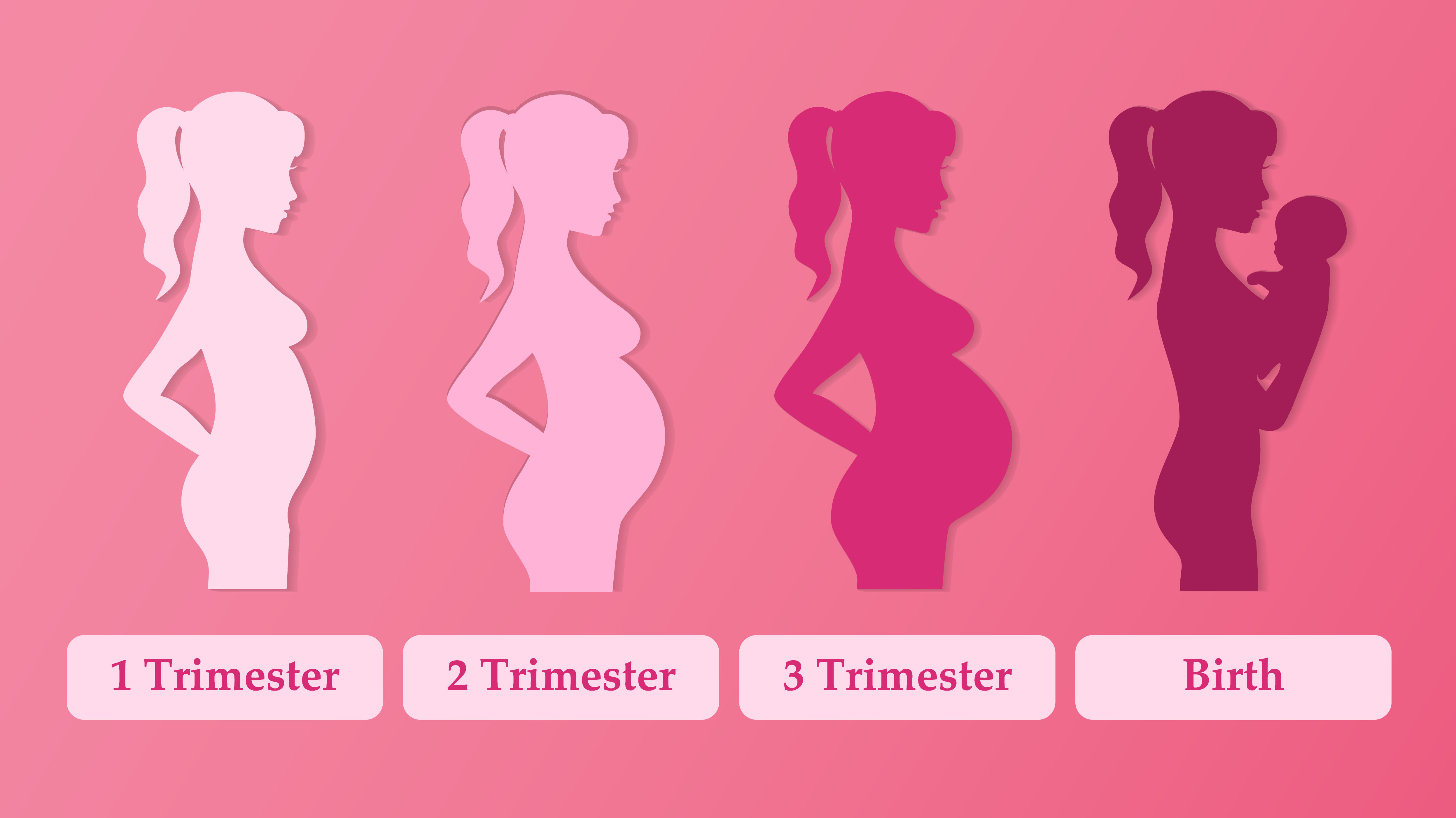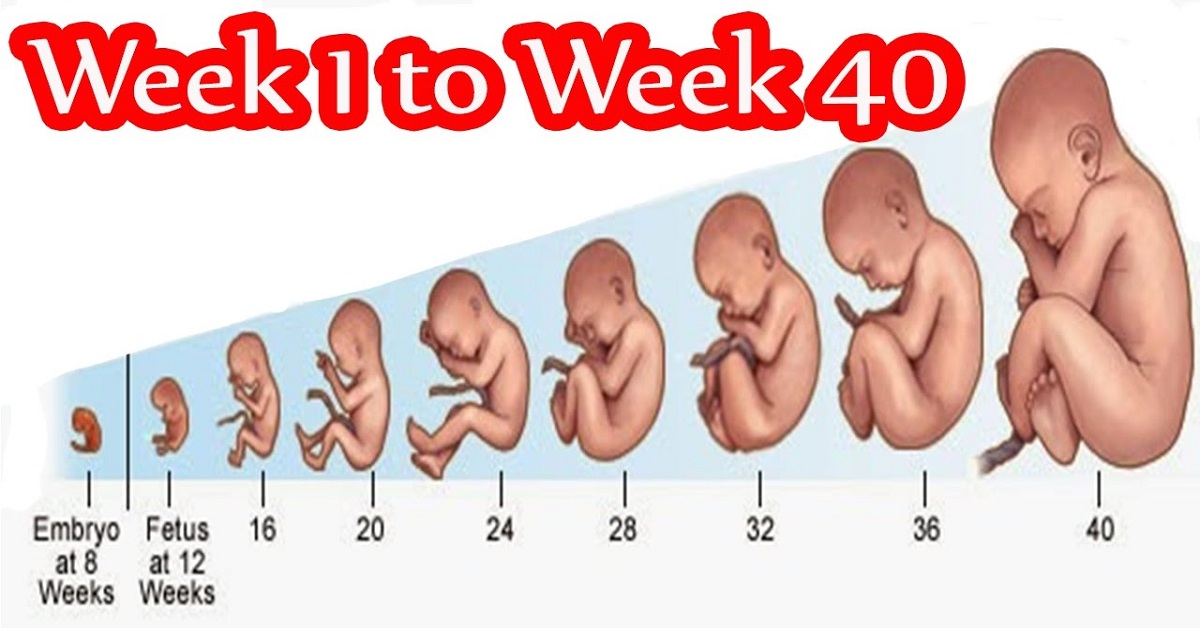Your basket is currently empty!
First Trimester (Weeks 1-12)
Weeks 1-4:
- Conception occurs, and the fertilized egg implants itself into the uterus.
- The embryo begins to form, including the development of the brain, spinal cord, and heart.
- Morning sickness, fatigue, and mood swings might start due to hormonal changes.
Weeks 5-8:
- Organs and body systems continue to form rapidly.
- Limb buds appear, and facial features start to form.
- Morning sickness might intensify for some women, while others may start to feel better.
 PC-blogspot
PC-blogspot
- Morning sickness might intensify for some women, while others may start to feel better.
Weeks 9-12:
- The fetus becomes more recognizable, with developing fingers, toes, and external genitalia.
- Morning sickness and fatigue might start to decrease for some women, while others might still experience these symptoms.
- The risk of miscarriage reduces after reaching the end of the first trimester.
Second Trimester (Weeks 13-28)
Weeks 13-16:
- The fetus grows rapidly, and the mother might begin to feel the baby’s movements (quickening).
- Organs continue to develop, and the fetus starts to produce urine and swallow amniotic fluid.
- Morning sickness usually subsides by this time for most women.
Weeks 17-20:
- The fetus’s movements become more pronounced and can be felt more regularly by the mother.
- The baby’s eyebrows, eyelashes, and hair start to appear.
- An ultrasound might reveal the baby’s gender, though it’s not always clearly visible.
Weeks 21-24:
- The fetus’s lungs are developing, and it may begin to hear sounds from the outside world.
- The baby’s skin becomes covered with a protective layer called vernix.
- The mother might experience leg cramps and backaches as the baby grows.
Weeks 25-28:
- The fetus’s brain continues to develop, and the eyes begin to open.
- The baby starts to put on more weight and might be more active.
- The mother might experience shortness of breath due to the growing uterus putting pressure on the diaphragm.

PC- Pinterest
Third Trimester (Weeks 29-40)
Weeks 29-32:
- The fetus’s bones fully develop, but they are still flexible.
- The baby might settle into a head-down position in preparation for birth.
- The mother might experience swelling in the feet and ankles due to increased fluid retention.
Weeks 33-36:
- The fetus’s lungs mature further, increasing its chances of survival if born prematurely.
- The baby drops lower into the pelvis in preparation for birth, which may relieve pressure on the mother’s diaphragm.
- The mother might experience frequent urination and trouble sleeping due to the baby’s size and pressure on internal organs.
Weeks 37-40 (Full Term):
- The baby’s organs are fully developed, and it’s ready for birth.
- The mother might start experiencing Braxton Hicks contractions, which are sporadic and irregular contractions.
- The due date marks the completion of the pregnancy, although the baby might arrive a week or two earlier or later.
Please note that experiences can vary from person to person, and these milestones are general guides for a typical pregnancy.


Leave a Reply